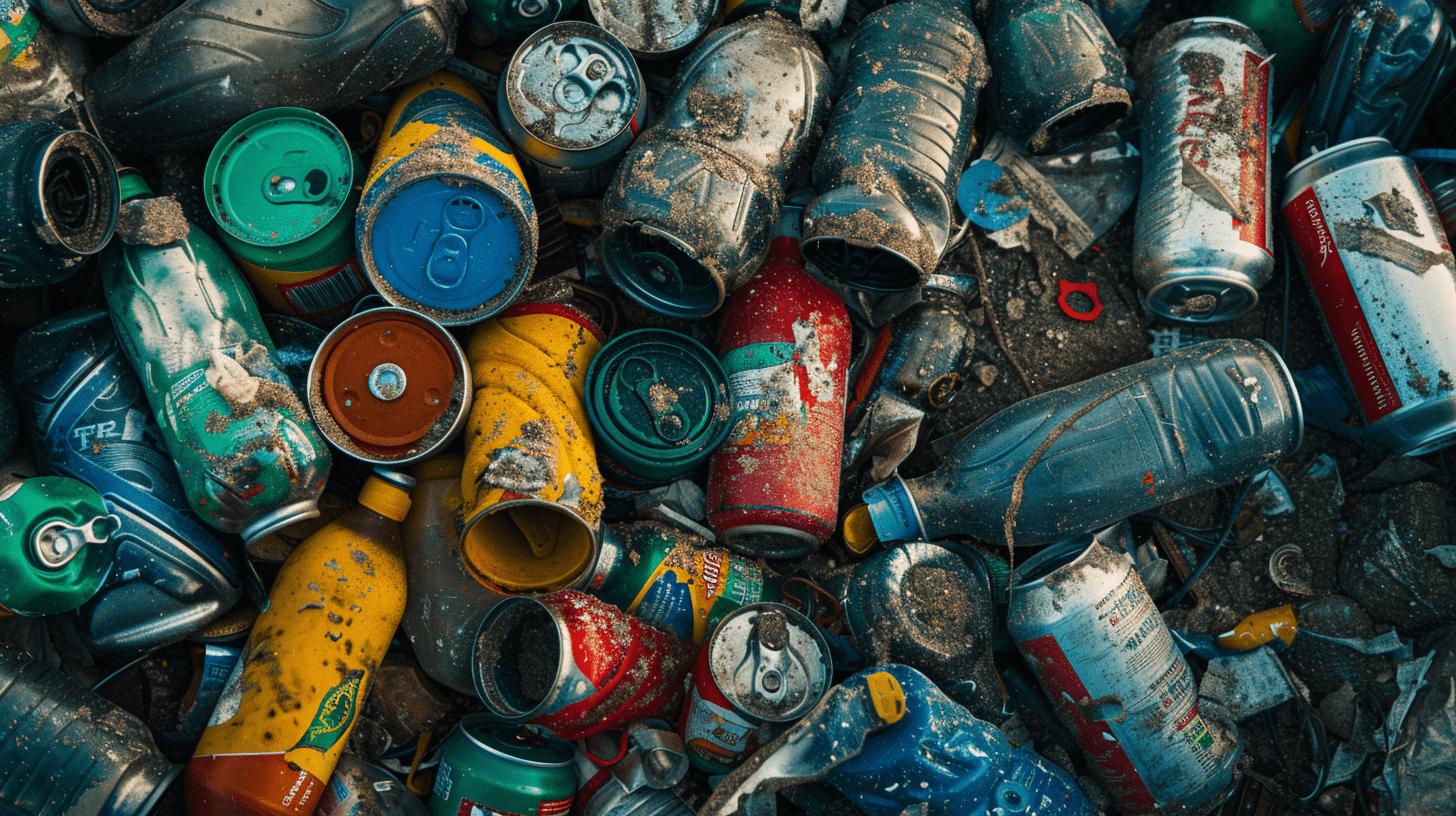The 3R's: Reduce, Reuse and Recycle
Learn the principles of Reduce, Reuse, Recycle in this Challenge, highlighting their importance and impact on sustainability

Waste Reduction 101: Strategies for Everyday Life
Reducing waste is the first and most crucial step in the 3R's. It involves cutting down on the amount of waste we produce and being mindful of our consumption habits. By making conscious choices about what we buy, use, and discard, we can significantly lessen our environmental footprint and promote a more sustainable way of living.

Benefits of Reducing Waste
Decreases the Amount of Waste Sent to Landfills
Landfills are rapidly reaching capacity, and the space required for waste disposal is becoming increasingly scarce. By reducing the amount of waste we generate, we can alleviate the burden on landfills.
This not only helps in managing waste more effectively but also reduces the associated environmental issues such as soil and water contamination, and the release of harmful gases.
Conserves Natural Resources
Every product we use is made from natural resources, whether it’s paper from trees, plastic from petroleum, or metals from ores.
By reducing waste, we minimize the need to extract and process these raw materials. This conservation of resources leads to fewer disruptions in ecosystems, less deforestation, and a reduction in the overall environmental impact of resource extraction.
Reduces Pollution and Greenhouse Gas Emissions
The production, transportation, and disposal of goods contribute significantly to pollution and greenhouse gas emissions. Manufacturing processes often release pollutants into the air and water, while waste decomposition in landfills emits methane, a potent greenhouse gas.
By reducing our consumption and waste, we lower the demand for new products, subsequently reducing the associated emissions and pollutants.
Practical Tips for Reducing Waste
Buy in Bulk
Purchasing items in larger quantities can drastically reduce packaging waste. For instance, buying a large container of laundry detergent instead of several smaller ones minimizes the amount of plastic used.
Similarly, bulk buying food staples like grains, nuts, and spices can cut down on packaging waste significantly.
Minimal Packaging
Choose products that come with minimal or recyclable packaging. Avoid items with excessive plastic wrapping and opt for those packaged in materials that are easier to recycle, such as cardboard or glass. This simple choice can lead to a significant reduction in waste over time.
Energy Conservation
Reducing energy consumption is another effective way to minimize waste. Simple actions like turning off lights and electronics when not in use, using energy-efficient appliances, and optimizing heating and cooling systems can make a substantial difference. Energy conservation reduces the need for power generation, which often relies on fossil fuels, thereby decreasing pollution and resource use.
Mindful Consumption
Before making a purchase, consider whether it is truly necessary. Avoid impulsive buying and invest in quality products that have a longer lifespan. This not only reduces waste but also encourages more sustainable production practices.